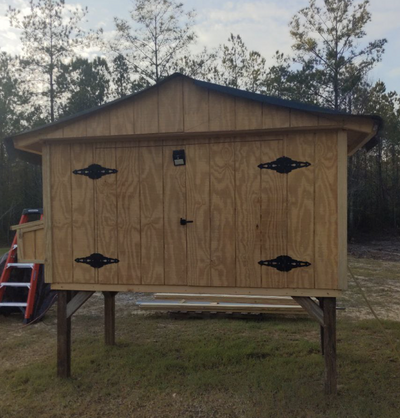noelgeorgia
Chirping
- Jun 6, 2023
- 91
- 91
- 83
It's starting to get cold here in SE North Carolina, but only in the evenings. Our chickens are 8 months old this is our first year raising doing this, so I'm unsure when it gets to be too cold for them at night. It got down to the 40s last nigh.
What temperature is too cold at night? When should we add heat lamp and a door on coop? We had an electronic coop door on a timer but it didn't operate correctly so we took it off. Should they be closed inside in the winter with a heat lamp or is just a heat lamp enough?
Thanks for your help!
What temperature is too cold at night? When should we add heat lamp and a door on coop? We had an electronic coop door on a timer but it didn't operate correctly so we took it off. Should they be closed inside in the winter with a heat lamp or is just a heat lamp enough?
Thanks for your help!





 . We have australorps, an orpington, easter egger, barred rock rooster and a white easter egger. They have nice feathers so maybe they're breeds are made for colder weather.
. We have australorps, an orpington, easter egger, barred rock rooster and a white easter egger. They have nice feathers so maybe they're breeds are made for colder weather.